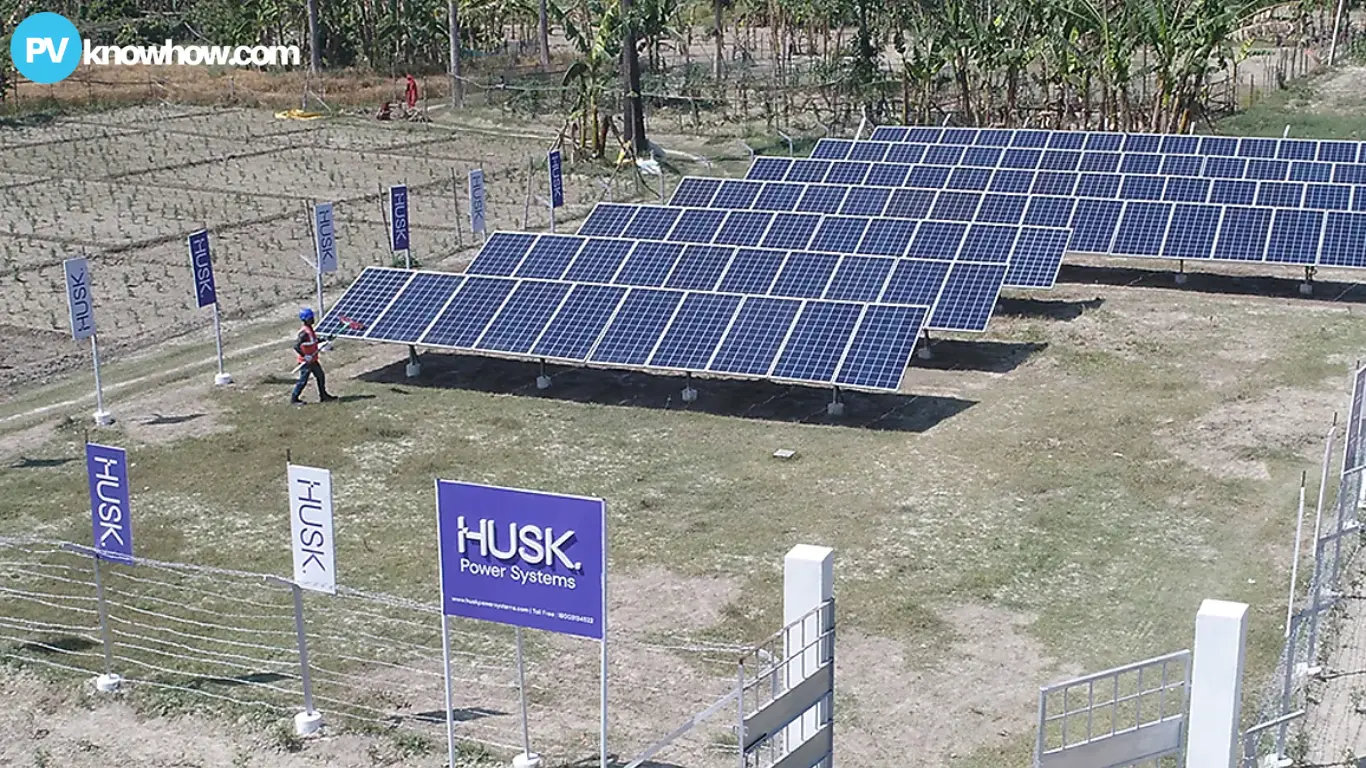Partnering with Husk Power Systems, REA is focusing on interconnected and isolated mini-grids, rooftop commercial and industrial solar projects, productive use of energy initiatives, appliance sales, and financing solutions.
250 MW of Decentralized Renewable Energy Projects
The Rural Electrification Agency (REA) is partnering with Husk Power Systems to deliver electricity to over 20 million Nigerians through solar and mini-grid projects. This collaboration will develop up to 250 MW of decentralized renewable energy (DRE) projects, including mini-grids, rooftop solar installations, and energy initiatives, thus supporting the government's energy access and transition goals. The partnership was formalized with a memorandum of understanding (MoU).

Image: Collected
The collaboration will concentrate on various decentralized renewable energy (DRE) endeavours in rural and peri-urban areas. These include power generation and distribution through interconnected and isolated mini-grids, rooftop commercial and industrial (C&I) solar installations, productive use of energy (PUE) initiatives, appliance sales, and financial solutions.
These projects will support the $750 million Distributed Access through Renewable Energy Scale-up (DARES) initiative, backed by the World Bank and managed by REA. The program is set to begin later this year.
World Bank Support
Abba Aliyu, the Acting Director and Chief Executive of REA, disclosed that the agency is diligently utilizing the $750 million project endorsed by the World Bank to supply electricity to 20.1 million Nigerians. He shared this information with the media during the ARE Energy Access Investment Forum (EAIF) 2024, which took place on May 21 in Lagos.
The loan from the World Bank was facilitated through the International Development Association (IDA), a branch of the Bretton Woods institution that offers funding to the world's most impoverished nations.
Aliyu — representing REA — introduced an ambitious strategy to extend electricity to millions of Nigerians. This initiative comprises electrifying three million individuals through isolated mini-grids, linking 1.5 million via interconnected mini-grids, and providing about 15.6 million with solar home systems and mesh grids.
Notably, the federal government — under President Bola Tinubu's leadership — has approved a groundbreaking $750 million off-grid initiative, marking it as the largest publicly funded project globally. This significant funding will act as a capital subsidy, encouraging private sector participation in electrifying 23% of Nigeria's population currently without electricity access.
Rural Electrification Fund
Aliyu also mentioned that the Rural Electrification Fund (REF) — sourced from the energy market — is being used to work with states to implement the new Energy Act. In collaboration with state governments, REA encourages them to contribute 30 percent in counterpart funding, while REA provides 17 percent for projects like mini-grids, solar home systems, or productive equipment within the state. This is the second part of REA's intervention, and they are developing replicable models based on their field data and experience.
He also spoke about a $550 million rural electrification project funded by the World Bank and the African Development Bank (AfDB). Despite Nigeria's significant electricity gap, the federal government is addressing it. One example is REA's $550 million rural electrification project, financed by the World Bank and AfDB. This initiative has introduced a resource-based financing framework to attract private sector investment.
REA's mission is to close the electricity gap, and they have mobilized significant private sector capital through the project, resulting in the deployment of over 150 mini-grids across the country. REA has installed 150 mini-grids in around 100 healthcare facilities nationwide. Moreover, the federal government — led by the Minister of Power — will soon begin commissioning high-impact projects in universities, benefiting over 350,000 students across 15 universities.
This initiative will enhance energy access, promote economic development, and support Nigeria's energy transition through the $750 million DARES project, which will stimulate private sector involvement and innovative solar energy models. The $550 million rural electrification project, backed by the World Bank and African Development Bank, will deploy solar mini-grids in healthcare facilities, universities, and agricultural sectors, highlighting the government's commitment to closing the electricity gap.
